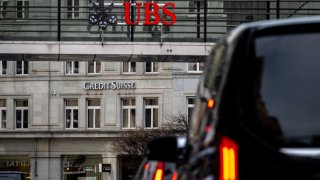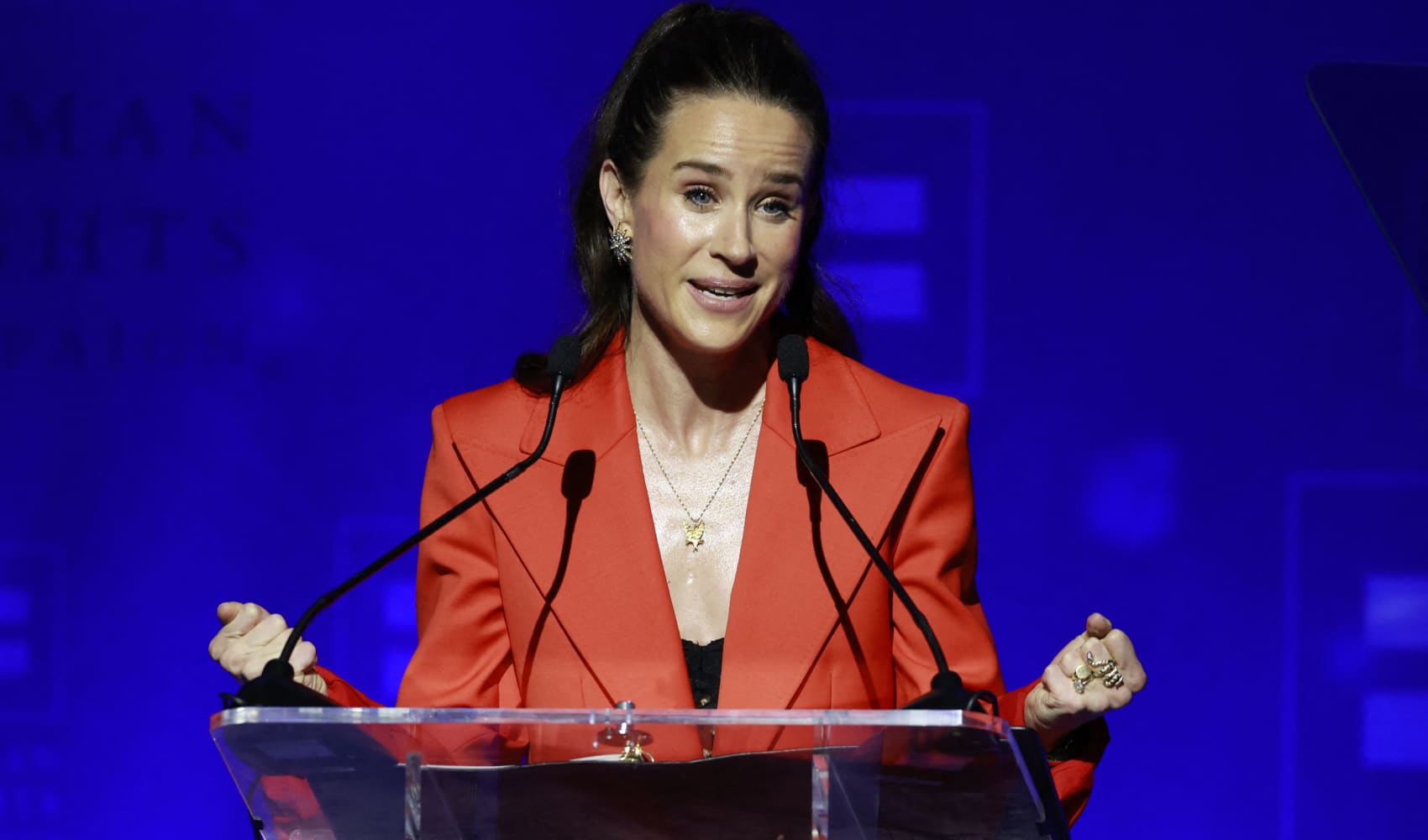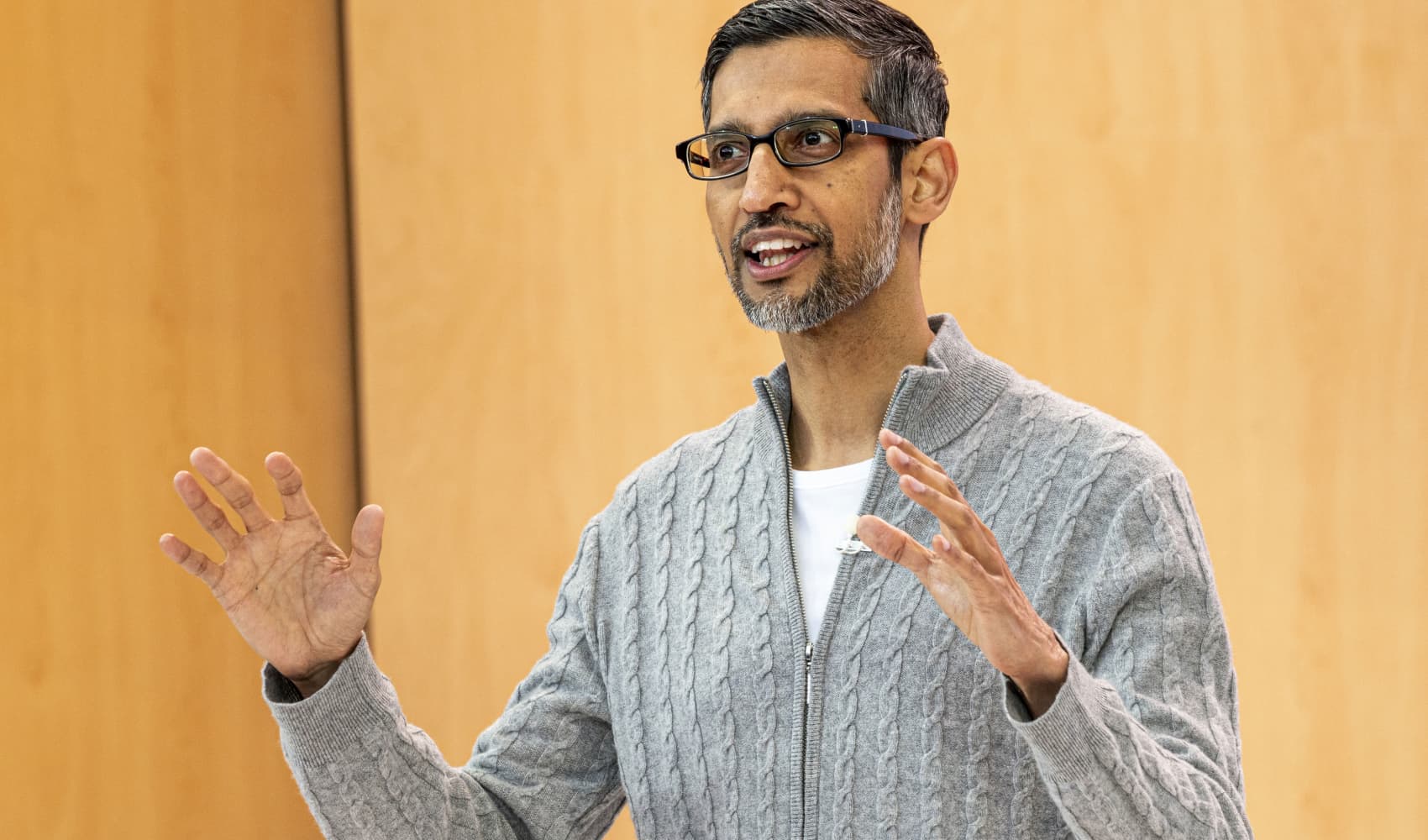
This report is from today's CNBC Daily Open, our new, international markets newsletter. CNBC Daily Open brings investors up to speed on everything they need to know, no matter where they are. Like what you see? You can subscribe here.
UBS agreed to buy Credit Suisse, in a merger engineered by Swiss regulators.
What you need to know today
- UBS on Sunday agreed to buy Credit Suisse for 3 billion Swiss francs ($3.2 billion). The Swiss National Bank will loan UBS up to 100 billion Swiss francs ($108 billion) to support the takeover, while the government will guarantee losses up to 9 billion Swiss francs. U.S. stock futures were mixed on the news.
Get Connecticut local news, weather forecasts and entertainment stories to your inbox. Sign up for NBC Connecticut newsletters.
- Banks continued plummeting on Friday. In Europe, Credit Suisse sank 8.01%. Over in the U.S., First Republic plunged 32.80% — and a further 15.37% in after-hours trading. Other regional banks were down too. PacWest lost 18.95% and Western Alliance Bancorp sank 15.14%.
- U.S. markets sank amid the bank tumult — all major U.S. indexes fell on Friday. Asia-Pacific markets fell on Monday too, as regulators in the region scrambled to reassure markets after UBS agreed to buy Credit Suisse. Hong Kong's Hang Seng index led losses, falling 2.9%.
- Hong Kong is moving forward with its ambitions to become a crypto hub. In June, the city will introduce new regulations for crypto trading platforms, potentially legalizing the industry. That's in stark contrast with the Chinese mainland, where crypto trading is effectively banned.
- PRO Short sellers are taking advantage of the banking crisis, taking in nearly $2 billion in profits from bets against European banks. Their most profitable short? Surprisingly, it wasn't Credit Suisse.
The bottom line
Money Report
The banking crisis reminds us how much financial institutions and markets are driven by psychology.
A bank may be perfectly solvent one minute and collapse from a bank run the next. A stock may skyrocket one day on news it got billions from a cash infusion, and crater the next even though nothing material has changed in the intervening period. These are general sketches — depositors did have reasonable concerns about Silicon Valley Bank's losses, for example — but the general principle holds. In other words, a bank's stock — or that of any other company — may not necessarily reflect the health of its balance sheet, even though a correlation may seem apparent.
Markets in the U.S. and Europe demonstrated this principle Friday. Despite rebounding on Thursday amid news of financial support by central banks and financial regulators, on Friday, banks were badly hammered — once again — and dragged down major indexes with them. The Dow Jones Industrial Average fell 1.19%, the S&P 500 lost 1.10% and the Nasdaq Composite slid 0.74%. This suggests investors aren't convinced that banks — and the broader economy — can be made whole with the current measures.
Whether the Federal Reserve shares investors' mindset is another matter. Fed officials say they rely on data to determine the trajectory of interest rates. Going by the current turmoil in the banking sector, Mark Zandi, chief economist at Moody's Analytics, thinks it's wiser for the Fed to pause rate hikes.
But data isn't the only factor the Fed is thinking about; the psychology of investors comes into play as well. As Doug Roberts, founder and chief investment strategist at Channel Capital Research, said, Fed officials have "to do something, otherwise they lose credibility." And credibility seems like the one resource banks sorely lacked last week, and which markets need going ahead.
Subscribe here to get this report sent directly to your inbox each morning before markets open.






